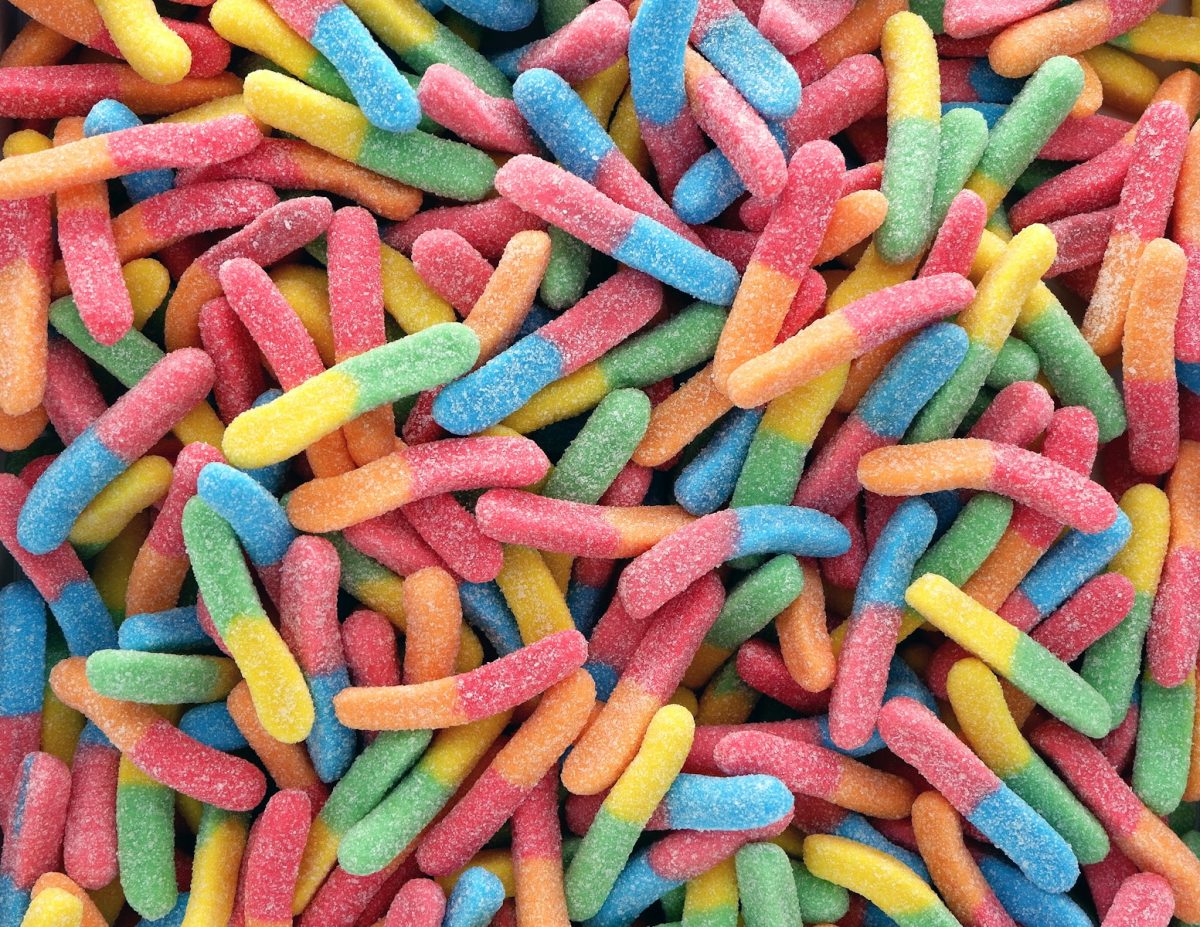Sugar is found everywhere, from pharmacies to grocery stores. Our sugar addiction can be explained by the way our brain processes it. Although the brain makes up only a small part of our body weight, it uses up 50% of our energy. When we consume sugar, half of that energy goes to our brain. As a reward, our brain releases dopamine, a happiness hormone that motivates us. This dopamine release from eating sugar causes us to experience a sense of contentment, which we desire to repeat. Over time, our bodies release less dopamine, which leads to a cycle of craving and consuming more sugar. This creates an addictive pattern, and when we try to stop consuming sugar, we may experience withdrawal symptoms similar to those associated with drug withdrawal. A study conducted at Connecticut College indicated that Oreos stimulate neurons in the brain’s pleasure center more than drugs do. Although there is no definitive evidence that sugar is more addictive than any drug, it does possess addictive properties. According to some studies, kids enjoy sugar more than adults because they are growing. Another study says that it is because adults have a higher sensitivity to sugar than kids. This causes the amount of sugar intake to decrease.
What is a sugar crash?
Everyone knows the path of consuming too much sugar. From a sugar rush, you crash. But why is that? When you ingest sugar, your blood sugar spikes. Your blood sugar is the concentration of sugar in your blood. When you have a sugar spike, you have what is known as a sugar rush. Due to this, your body responds by increasing your insulin production. Insulin is the component in your body that helps digest food and turn it into energy. When you have an increase in insulin, your blood sugar goes down, reducing your energy and causing what is known as a ‘sugar crash.’
Related Stories:
https://www.goodrx.com/well-being/behavioral-addiction/how-to-break-sugar-addiction
https://healthline.com/health/food-nutrition/experts-is-sugar-addictive-drug#What-is-an-addiction?
https://www.ncbi.nlm.nih.gov/pmc/articles/PMC2235907/
https://redstonefoods.com/candy-soda-blog/how-candy-brings-us-together
https://www.ardurecoverycenter.com/why-is-sugar-considered-a-drug/
Take Action:
https://www.verywellhealth.com/glycemic-index-chart-for-common-foods-1087476






